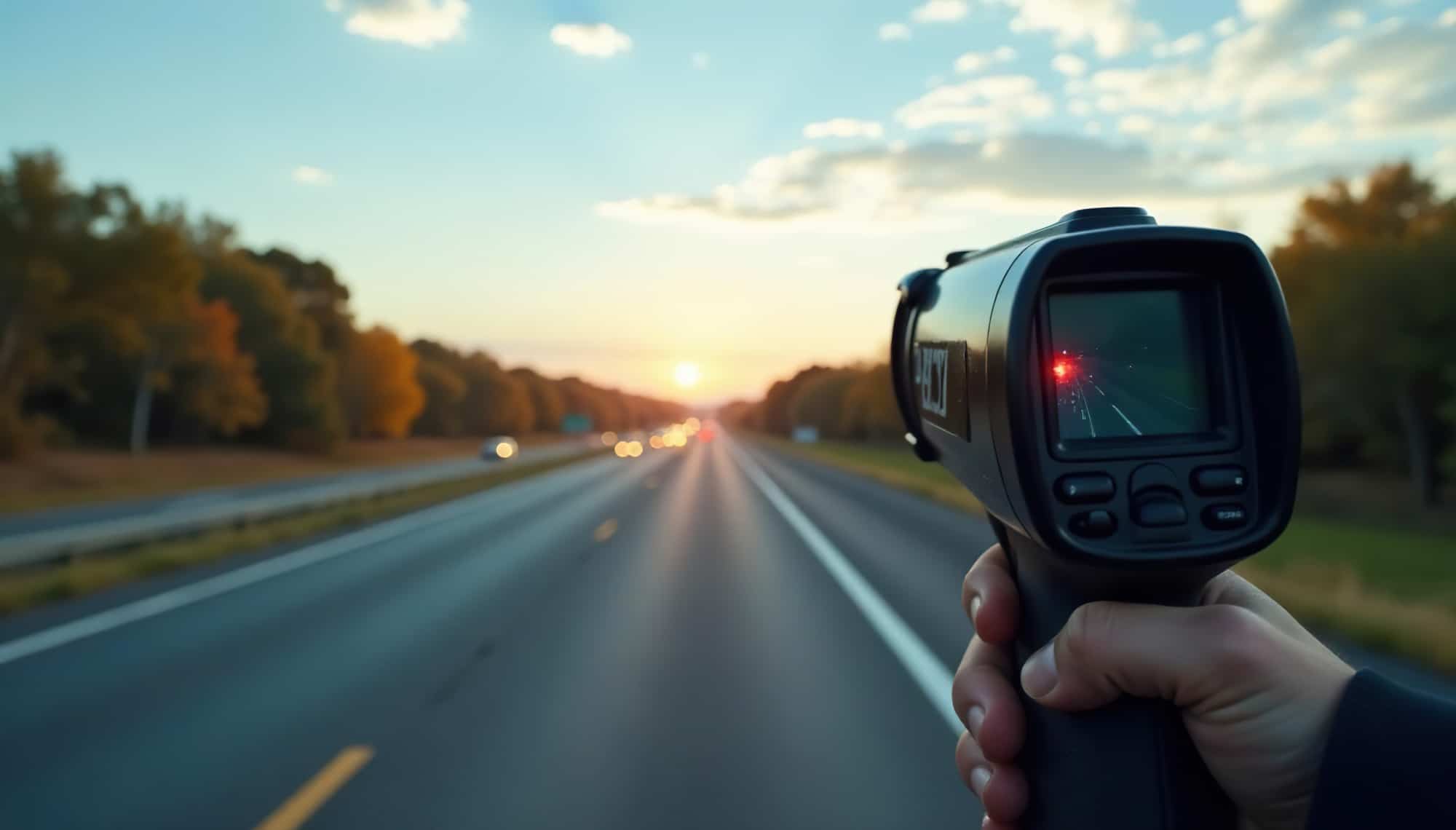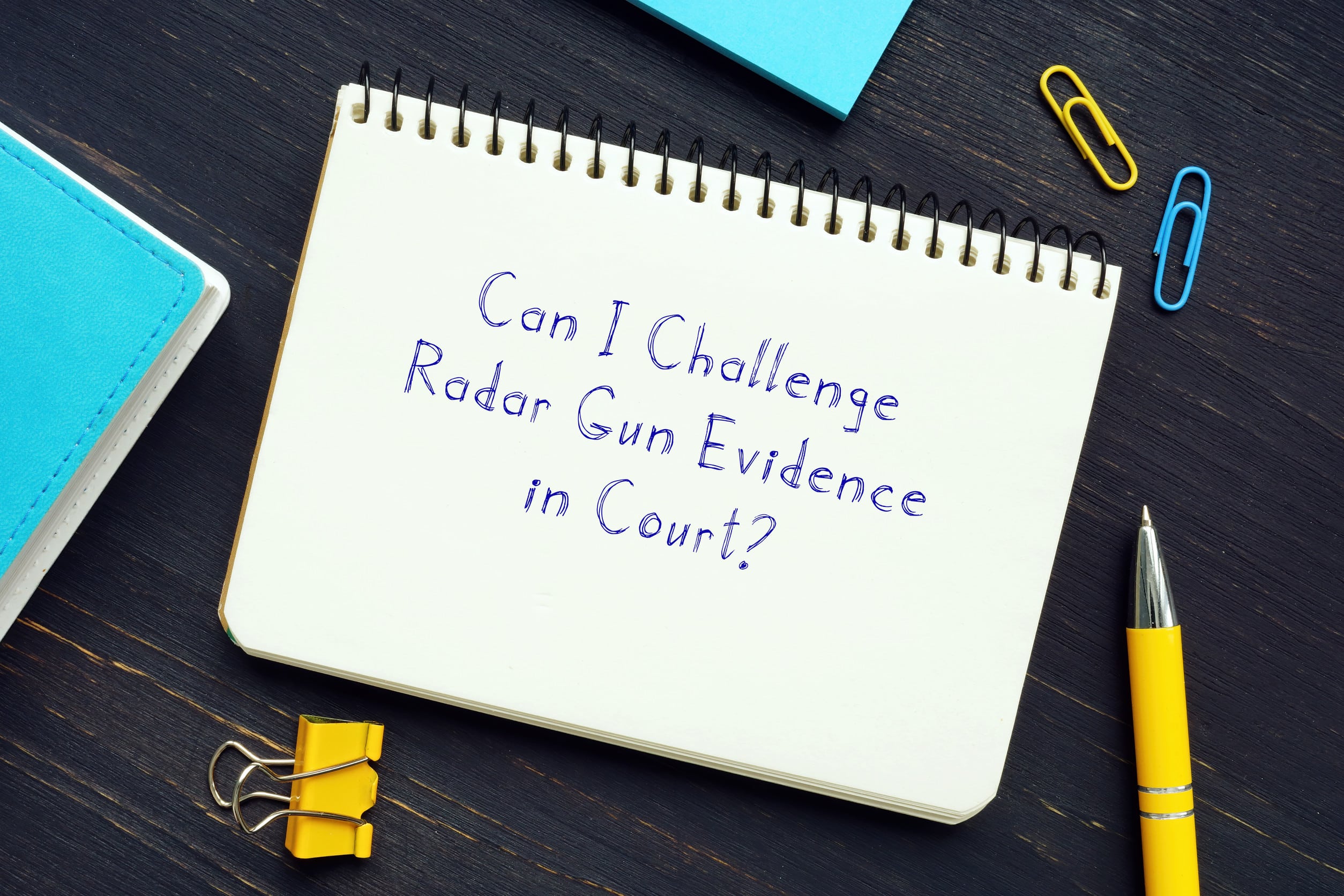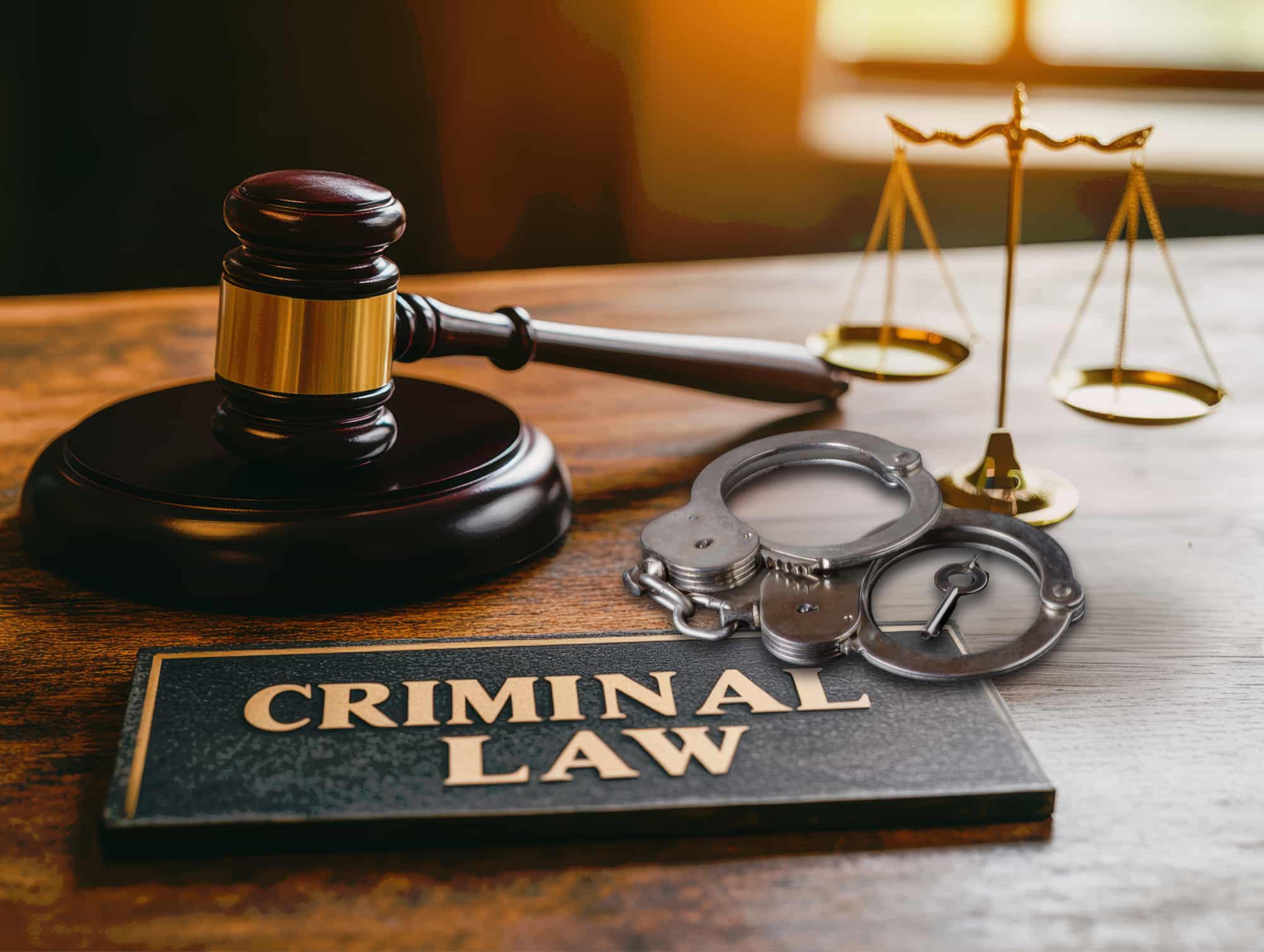A speeding ticket might seem like a minor issue, but in Minnesota, even a single violation can have lasting effects. Many drivers assume there’s no point in fighting a speeding ticket because “the radar doesn’t lie.” However, radar guns, like any measuring device, are not infallible. They require proper calibration, operator training, and maintenance to ensure accuracy.
When these standards are not met, you can challenge the evidence behind a speeding citation, including the radar gun’s accuracy and the procedures followed by the officer who issued the ticket. A criminal defense lawyer in Minnesota can explain how radar technology works. If needed, they can work towards building a strong defense.
Here, the legal team at Keyser Law P.A. explains which traffic and criminal cases warrant challenging and how to challenge radar gun readings.
Which Traffic and Criminal Cases Are Worth Contesting in Minnesota?
Not every citation or charge should automatically be accepted as final. In many situations, challenging the evidence can lead to reduced penalties, dismissed charges, or a more favorable outcome. An attorney will examine how the evidence was obtained, what procedures law enforcement followed, and whether the alleged offense could carry long-term consequences.
Here are some common cases where contesting a speeding ticket may be warranted:
- Speeding and Traffic Violations: If the citation was based on questionable radar evidence or if multiple violations could result in license suspension, it may be worth contesting.
- Reckless or Careless Driving: In Minnesota, negligent operation of a vehicle and willful disregard for safety carry penalties and long-term record implications. If the charge arose from a disputed radar reading, subjective officer judgment, or limited evidence, the case may be defensible.
- Driving While Intoxicated (DWI): A DUI/DWI conviction can lead to criminal penalties, probation, and mandatory treatment programs. Contesting a DUI/DWI case is often justified when questions exist about the legality of the stop, the accuracy of breath or blood testing, or procedural errors during arrest.
- License Suspension and Revocation Cases: Drivers facing license suspension for excessive points, unpaid fines, or drug-impaired driving offenses can appeal these administrative actions. A Minnesota criminal defense attorney can represent you in challenging the suspension and demonstrate your eligibility to regain driving privileges.
- Misdemeanor and Felony Traffic Offenses: More serious cases, such as fleeing police, require an even closer review of evidence and police conduct. In these cases, contesting the charge is essential to prevent a criminal record or incarceration.
An attorney understands when it makes legal and practical sense to challenge a case. They can aim to ensure that no conviction or penalty rests on flawed evidence, unreliable technology, or procedural shortcuts.
Strategies for Challenging Radar Gun Readings in Minnesota
Successfully disputing a speeding ticket requires more than simply claiming the radar was wrong. A defense must be supported by evidence, procedural review, and an understanding of constitutional rights that guide Minnesota courts’ evaluation of traffic citations. Each case begins by examining not only the radar evidence but also the officer’s actions, the environment, and the paperwork supporting the citation.
Reviewing Calibration and Maintenance Records
Defense attorneys often start by requesting proof that the radar gun was properly calibrated before and after the traffic stop. Missing, incomplete, or inconsistent calibration logs can undermine the reliability of the reading. If the device’s maintenance records reveal lapses or unverified testing, that evidence can form the basis of a motion to dismiss or reduce the charge.
Examining Officer Training and Certification
Minnesota law requires radar operators to complete specialized training and maintain certification in radar use. If an officer was uncertified, failed to perform pre-use testing, or misapplied radar procedures, the resulting reading may not meet evidentiary standards. Cross-examining the officer’s training background can expose weaknesses in the prosecution’s case.
Questioning Identification of the Target Vehicle
When multiple cars are on the road, radar beams can pick up the speed of a nearby vehicle instead of the one being cited. A defense strategy may involve demonstrating that the officer’s line of sight, radar angle, or visual tracking could not reliably confirm which vehicle produced the reading.
Using Expert Witness Testimony
In some cases, defense teams work with independent radar or traffic enforcement experts to explain the technical limitations of radar devices. Expert testimony can demonstrate how weather conditions, distance, or improper use may have influenced the results, enabling the judge to understand why the reading may not be scientifically sound.
A Minnesota Defense Attorney Can Argue the Validity of Radar In Your Speeding Ticket Case
Whether you’re facing a speeding ticket, you have the right to question the evidence against you. Radar gun laws are not immune to error, and challenging them can make a measurable difference in the outcome of your case. Keyser Law P.A. can contest citations and criminal charges backed by unreliable or incomplete evidence. Contact us at 612-338-5007 today to learn how you can contest unfair charges and move forward with confidence.








